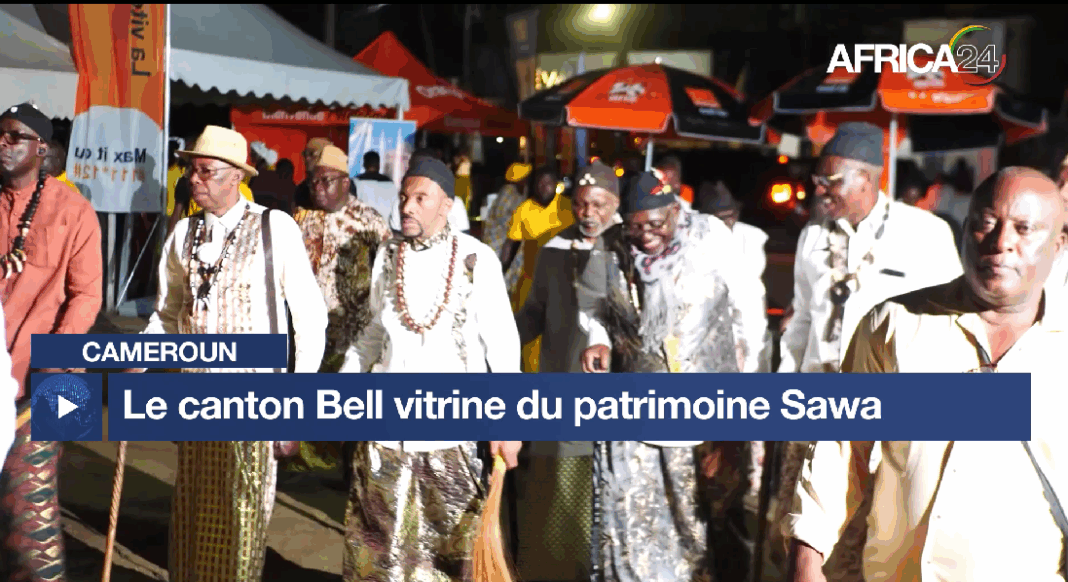During the Ngondo caravan’s stop at Canton Bell, His Majesty Jean-Yves Eboumbou Douala Manga Bell reaffirmed the festival’s importance as a space for cultural transmission, dialogue, and pride. In an atmosphere filled with fervor and tradition, the Sawa king emphasized the unifying role of the Ngondo, now recognized by UNESCO as part of humanity’s intangible cultural heritage.
Rhythm, colors, and palpable emotion. For two days, on September 27-28, 2025, the Canton Bell neighborhood in the heart of Douala grandly hosted the Ngondo caravan. This symbolic stop at Njo Njo brought together traditional chiefs, dignitaries, and residents, all proudly celebrating Sawa identity. The event holds special significance this year, following the inscription of the Ngondo on UNESCO’s Intangible Cultural Heritage of Humanity list.
“You know, we are evolving thanks to our UNESCO recognition. This has led to a renewed interest, making people aware of this new status.”
King Jean-Yves Eboumbou Douala Manga Bell, an emblematic figure of this tradition, hailed a historic moment. For him, the Ngondo now transcends mere celebration: it is a tool for citizen dialogue and national cohesion. He also recalled that traditional authorities remain pillars in building a united and pluralistic Cameroon.
“We maintain a privileged relationship with the population and ensure the link between them and the administration. Cameroon is built on multiple realities, and we are one of them.”
More than a cultural showcase, the Canton Bell stop embodied the renewal of Sawa identity. Beyond the celebration, a strong message: to pass on a living heritage to younger generations. More than a festival, the Ngondo is now globally recognized as a symbol of unity, pride, and continuity for the coastal peoples of Cameroon.
